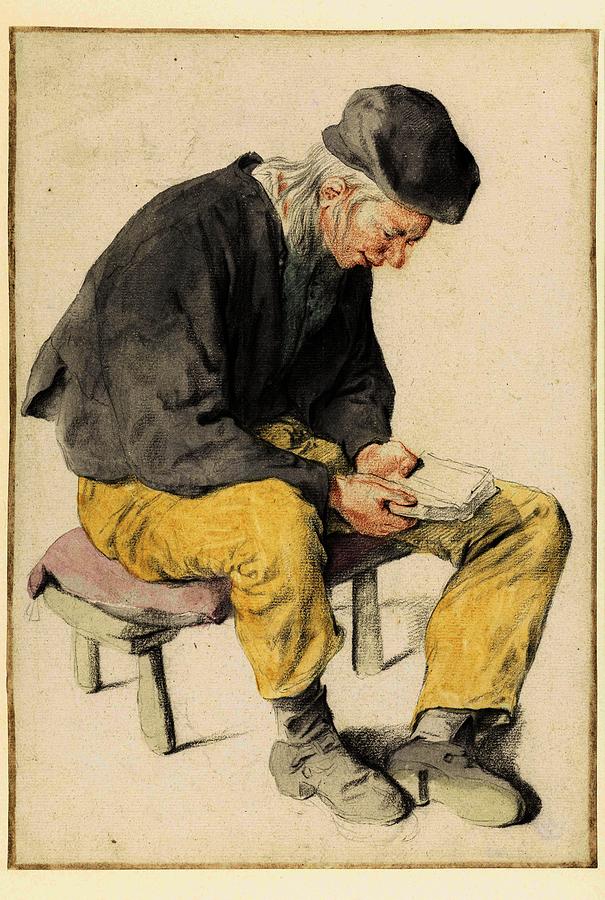Friday
I’m intrigued by a judgement handed down by a British judge recently against a college student who downloaded close to 70,000 white supremacist documents and bomb-making instructions. Ben John, a 21-year-old who formerly attended Leicester’s De Montfort University, will avoid a prison sentence if he reads works by Dickens, Austen, Shakespeare and Hardy. Apparently Judge Timothy Spencer is requiring him to return to court every four months to be tested on his reading.
According to the Guardian newspaper, the judge, after making John promise not to research any more righwing material, asked him,
“Have you read Dickens? Austen? Start with Pride and Prejudice and Dickens’ A Tale of Two Cities. Shakespeare’s Twelfth Night. Think about Hardy. Think about Trollope.
The judge told John to return January 4 to
“tell me what you have read and I will test you on it. I will test you and if I think you are [lying to] me you will suffer.”
He then told John’s barrister, Harry Bentley: “He has by the skin of his teeth avoided imprisonment.”
I have mixed feelings about this. First of all, given that John is a white supremacist, wouldn’t he benefit more from reading writers of color. How about Zadie Smith’s White Teeth. Or Hanif Kureishi’s The Buddha of Suburbia? Or Candice Cartie-Williams’s Queenie. All show the humanity of non-white Brits.
The judge, however, is coming out of the Matthew Arnold-F. R. Leavis tradition that the classics are the means to preserve civilization against the barbarians at the gates. Believing that John appears all too eager to join these barbarians, the judge is hoping to give him a counter tradition. Maybe he’s hoping that John will transform, like Sydney Carton, from a disaffected cynic into a selfless citizen. Maybe he’s hoping that he’ll become as civil as Elizabeth and Jane Bennet. How Shakespeare’s cross-dressing comedyTwelfth Night figures in I have no idea unless anything by Shakespeare is meant to be civilizing.
Still, I worry about these particular suggestions. What if John sees the French revolutionaries in Tale of Two Cities as the UK’s people of color and himself as the heroic Sydney Caron, self-pityingly willing to martyr himself for what he sees as the greater good (which is to say, a white England). And what if he see immigrants and others destroying the Britain of Jane Austen, with its ordered class society presided over by refined gentry. The nostalgia for an idealized rural England free of foreign taint is one of the things that drives English fascists.
It has me wondering whether this judge would have handed down the same sentence to a British Muslim who downloaded jihadi pamphlets and bomb-making information. I won’t pre-judge him because I don’t know, but at the very least he can imagine this defendant as sharing a world view that is like his own. In his mind, John’s problem is that he hasn’t been socialized by the proper literature.


